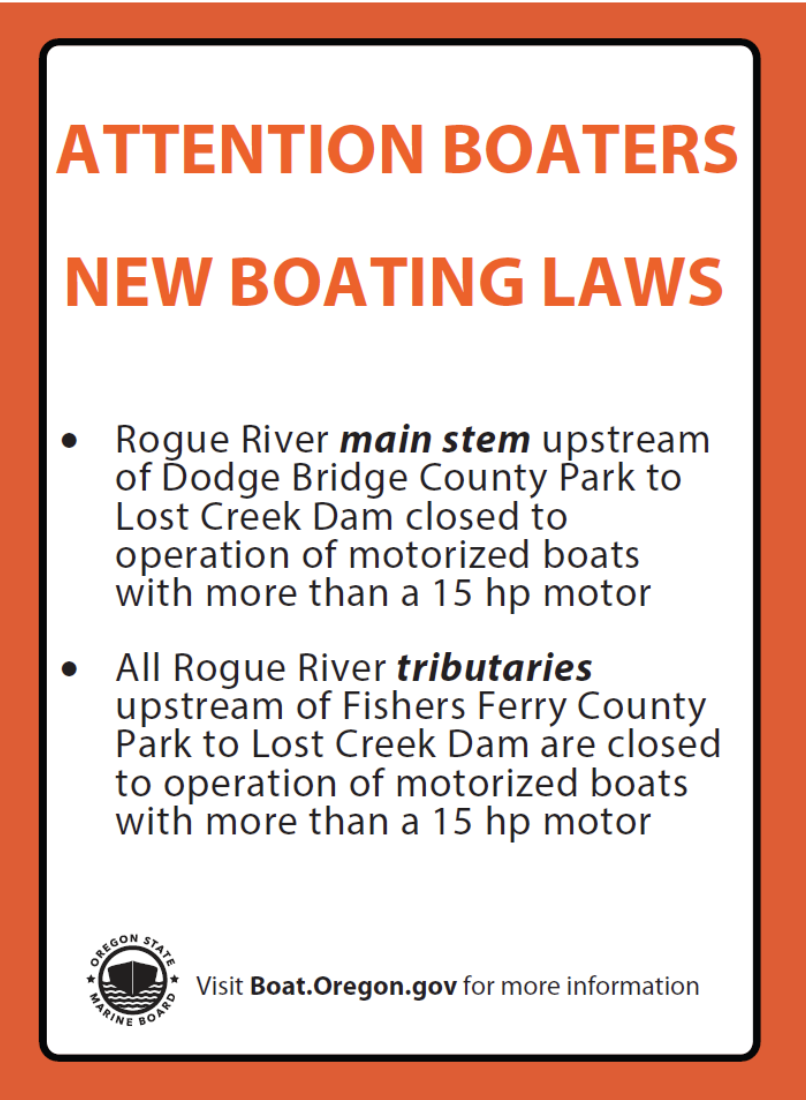Staring at a grid of white and black squares, you’ve hit a wall. You need the answer to the mythical river of the underworld crossword clue, a puzzle that has stumped wordsmiths and mythology buffs alike. This isn’t just about filling in a few letters; it’s about diving into a world of ancient stories and powerful symbols that have fascinated humanity for centuries. Our journey today starts with solving that pesky puzzle, but it will take us much further, exploring the deep currents of Greek mythology and connecting them to the very waters that modern explorers navigate today. From crossword puzzles to the challenges of real-life legendary waterways, the tales of figures like Charon the ferryman have more to teach us about our own adventures than you might think.

The Usual Suspects: Which River Is It?
When you encounter this clue in a crossword, your mind might race through several possibilities. Greek mythology is teeming with rivers that flow through the grim landscape of Hades. However, crossword constructors often favor brevity and common knowledge. The most frequent answer, fitting neatly into a four-letter space, is STYX. The River Styx is arguably the most famous of the underworld’s rivers, a dark, foreboding body of water that formed the boundary between the world of the living and the realm of the dead. It was a river of such immense power that even the gods feared swearing false oaths upon its name, knowing the penalty would be severe. If you have four boxes to fill, “STYX” is almost always your safest bet. Occasionally, if the puzzle allows for a seven-letter answer, you might find “ACHERON,” the river of woe, but Styx remains the crossword champion.
For those curious about how the River Styx became a source of near-invincibility, the legend of a famous Greek hero provides an excellent example. To understand more about this concept, exploring the story of the [river that achilles was dipped in nyt] offers a fascinating look into the mythological powers attributed to these ancient waters.
Beyond the Styx: Meet the Other Rivers of Hades
The underworld’s geography wasn’t just a single river but a complex network of five distinct waterways, each with its own grim purpose and symbolism. Understanding these other rivers adds incredible depth to the lore and showcases the rich imagination of the ancient Greeks. They weren’t just geographical features; they were physical manifestations of human sorrow, suffering, and the finality of death.
Acheron: The River of Woe
Often mistaken for the Styx, the Acheron is the river that the ferryman Charon actually poles his boat across, carrying the souls of the newly deceased. To board his skiff, a soul needed to have been properly buried and possess a coin, typically an obolus, placed in their mouth to pay for passage. The Acheron was seen as a murky, sorrowful river, its waters filled with the grief of the world. It represents the initial, painful transition from life to death, a passage of sadness that every soul had to endure.
Lethe: The River of Forgetfulness
Flowing through the plains of its own name, the River Lethe offered a different kind of passage. Its waters had the power to wipe away all memory of mortal life. Souls who were destined for reincarnation would drink from the Lethe to forget their past lives, allowing them to be born anew without the burdens of previous experiences. It symbolizes a clean slate, but one that comes at the cost of one’s entire identity and history. In this sense, it was both a mercy and a curse.
“The ancient Greeks personified the dangers and mysteries of water in their underworld rivers. For them, a river like the Styx wasn’t just a physical barrier; it was an emotional and spiritual one. Modern sailors and kayakers tap into that same primal respect every time they face a challenging current or navigate an unfamiliar channel.” – Dr. Alistair Finch, Maritime Historian
Phlegethon: The River of Fire
Unlike its cold, murky counterparts, the Phlegethon was a river of pure fire that coiled around the darkest parts of the underworld, including the pits of Tartarus where the Titans were imprisoned. It wasn’t a river of destruction but one of punishment and purification. Its fiery current kept the wicked contained and served as a constant, burning reminder of their transgressions. It represents the burning pain of guilt and the eternal consequences of one’s actions in life.
Cocytus: The River of Wailing
A tributary of the Styx, the Cocytus was a river formed from the tears of the unburied and the wicked. Its name literally means “the river of wailing,” and its banks were said to be haunted by the souls who could not afford Charon’s passage. These spirits were trapped, forced to wander for a hundred years, their lamentations creating the river itself. It is the ultimate symbol of desolation, hopelessness, and the sorrow of being forgotten by the living.
What Is the Mythical River of the Underworld Crossword Clue’s Link to Modern Boating?
At first glance, the connection between an ancient myth and the practical world of modern boating seems faint. But the themes are surprisingly universal. Charon was the original ferryman, a boater whose entire existence was defined by navigating a treacherous waterway. He understood his route, his vessel, and the rules of passage implicitly. The dangers of the underworld’s rivers—unbreakable oaths, sorrow, forgetfulness, fire, and wailing—are powerful metaphors for the very real hazards that boaters, kayakers, and watersports enthusiasts face today. Forgetting a crucial piece of safety gear is our version of drinking from the Lethe. Facing a sudden, violent storm can feel like navigating the fiery Phlegethon. The respect demanded by the River Styx is the same respect we must give to the open water.
This table draws a clear line from ancient myth to modern reality:
| Mythical River | Associated Danger | Modern Boating Parallel |
|---|---|---|
| Styx | Unbreakable Oaths | The ‘unbreakable’ rules of maritime law and safety protocols. |
| Acheron | Sorrow & Woe | The risk of equipment failure or getting caught in bad weather. |
| Lethe | Forgetfulness | Forgetting pre-launch safety checks or crucial gear like PFDs. |
| Phlegethon | Fire & Rage | Engine overheating or the ‘fiery’ temper of a sudden storm. |
| Cocytus | Lament & Isolation | The danger of being stranded due to poor planning or mechanical issues. |
How Do You Navigate Your Own “River Styx”?
Every time you launch a boat, paddle a kayak, or ride a jet ski, you are embarking on a journey across a powerful and unpredictable element. Navigating your own “River Styx” successfully requires the same principles of preparation and respect that were central to the ancient myths.
Know Your Vessel and Your Route
Just as Charon knew every eddy and current of the Acheron, a modern boater must be intimately familiar with their vessel’s capabilities and limitations. Before any trip, perform a thorough check of your engine, hull, and safety equipment. Study your route, be aware of known hazards like submerged rocks or strong currents, and always check the weather forecast. An unprepared captain is no different from a soul trying to cross without a coin—they are not going to get very far.
“Charon wouldn’t take a soul across without payment. It’s a powerful metaphor for preparation. You can’t just show up to a challenging waterway and expect safe passage. Your ‘payment’ is your knowledge, your safety gear, and your respect for the environment.” – Dr. Alistair Finch
Respect the Power of the Water
The gods themselves feared the River Styx. That level of reverence is precisely what modern boaters should have for any body of water. Conditions can change in an instant. A calm, sunny day can turn into a dangerous squall with little warning. Never underestimate the power of the water. This means wearing a life jacket, informing someone of your float plan, and never boating under the influence. Respect isn’t about fear; it’s about acknowledging a force greater than yourself and acting with wisdom and caution.
Equip Yourself Like a Hero
The heroes of Greek myth always carried the right tools for the job, whether it was a magical sword or an impenetrable shield. For a modern mariner, your equipment is your key to survival. This includes not just the basics like personal flotation devices and fire extinguishers, but also a reliable communication device (like a VHF radio), navigation tools, a first-aid kit, and emergency supplies. Being properly equipped transforms a potential disaster into a manageable inconvenience.
So, the next time you’re puzzling over that clue, remember that the answer is more than just a word. It’s a gateway to a rich history that continues to echo in our own adventures on the water. The stories of these ancient rivers remind us that preparation, respect, and knowledge are the timeless keys to safe passage. When you finally pencil in “STYX,” you’ll know you’ve done more than solve a puzzle; you’ve connected with a fundamental truth about humanity’s relationship with the water. The solution to the mythical river of the underworld crossword clue is a reminder that every journey, whether across a mythical realm or a modern lake, demands our full attention and respect.
Comments
Marcus Thorne
★★★★★
What a fantastic read! I came here looking for a simple crossword answer and ended up on a journey through mythology and modern boating safety. The connection between Charon’s “payment” and being prepared on the water is brilliant. It’s really stuck with me.
Eleanor Vance
★★★★★
As an avid kayaker and a history nerd, this article was perfect for me. I’ve always been fascinated by Greek mythology, and seeing it tied so cleverly to the practicalities of being on the water was a real treat. The table comparing the mythical and modern dangers was particularly insightful.
Liam Gallagher
★★★★☆
Great information. I finally finished the Saturday crossword thanks to this. I never knew there were five different rivers in the underworld. The writing is very engaging, though I would have liked to see a bit more on the specific mythological punishments associated with each river. Still, a very helpful and interesting article.
Sophia Chen
★★★★★
I’m new to boating, and this article was surprisingly helpful. The idea of “respecting the power of the water” like the gods respected the Styx is a powerful and useful metaphor. It makes safety protocols feel less like a boring checklist and more like an essential part of an ancient tradition of seamanship. Well done!
Ben Carter
★★★★☆
This was a really creative way to tackle a crossword clue. I appreciated the practical tips for modern boaters woven into the mythology lesson. It made the safety advice much more memorable. The expert quotes were a nice touch, adding a layer of authority to the piece.


